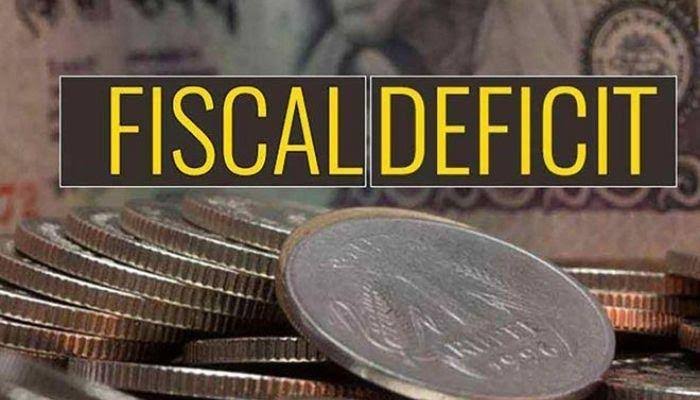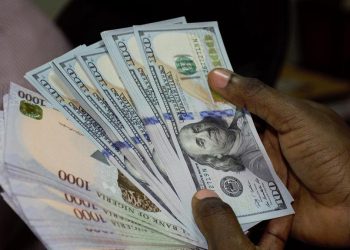In 2023, Nigeria’s federal government faced a huge fiscal deficit of N13.50 trillion, as confirmed by a BudgIT statement. The government’s revenue for the year was N5.99 trillion, while expenditure totaled N19.50 trillion, meaning it spent more than three times what it earned.
A fiscal deficit arises when government spending exceeds revenue collected, necessitating borrowing to cover the gap, which adds to the national debt burden.

BudgIT’s analysis of the 2023 Fiscal Accounts report revealed a total revenue of N5.99 trillion, total expenditure of N19.50 trillion, and a fiscal deficit of N13.50 trillion, representing 225% of overall revenues.
The government’s revenue sources included N3.80 trillion from the Federation Accounts Allocation Committee (FAAC), N1.98 trillion from federal independent sources, N2.39 trillion from the Federation Account, N715.75 billion from foreign exchange differentials, and N441.87 billion from Value Added Tax (VAT).
Notably, debt service accounted for 43.9% of the budget (N8.56 trillion), surpassing non-debt spending (27.8%, N5.42 trillion) and capital expenditure (23%, N4.49 trillion), highlighting the government’s reliance on borrowing to fund its budgetary processes.

















